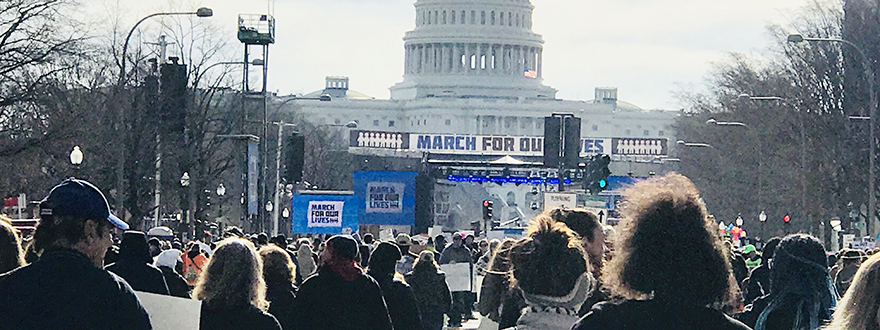
Mar 27, 2018 12:00:00 AM
Yolanda R. Whitted is a middle school English language arts and reading teacher in Washington, D.C., as well as an advocate for urban gifted and talented youth in poverty. Whitted was once herself an urban, unidentified gifted and talented student living on Chicago's South Side. Now, she feels understanding her story, challenges and triumphs helps Whitted to be a great support for both students and teachers who live in urban areas. In addition to her full-time teaching role, she currently conducts research, designs curriculum and creates best practices/professional development for teachers in urban classrooms. Whitted has designed and facilitated professional development for Dallas Independent School District, The College Board, Institución Educativa Nets in Bayamón, Puerto Rico as well as abroad at United Private Schools in Muscat, Oman. Whitted is an active North Carolina Central University alumna, as well as a member of Sigma Tau Delta, The National Council of Teachers of English, the National Educators Association, and Texas Association for the Gifted & Talented.
Few issues in education spark more tension and debate than standardized testing. Are they a tool for equity or a burden on students? A necessary check on school systems or a flawed measure of...
Charter schools are public schools with a purpose. Operating independently from traditional school districts, they're tuition-free, open to all students, and publicly funded—but with more flexibility...
Despite the benefits of a diverse teaching force, prospective teachers of color fall out of our leaky preparation pipeline at every stage: preparation, hiring, induction, and retention. Here’s what...
Ed Post is the flagship website platform of brightbeam, a 501(c3) network of education activists and influencers demanding a better education and a brighter future for every child.
© 2020-2025 brightbeam. All rights reserved.
Leave a Comment